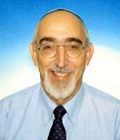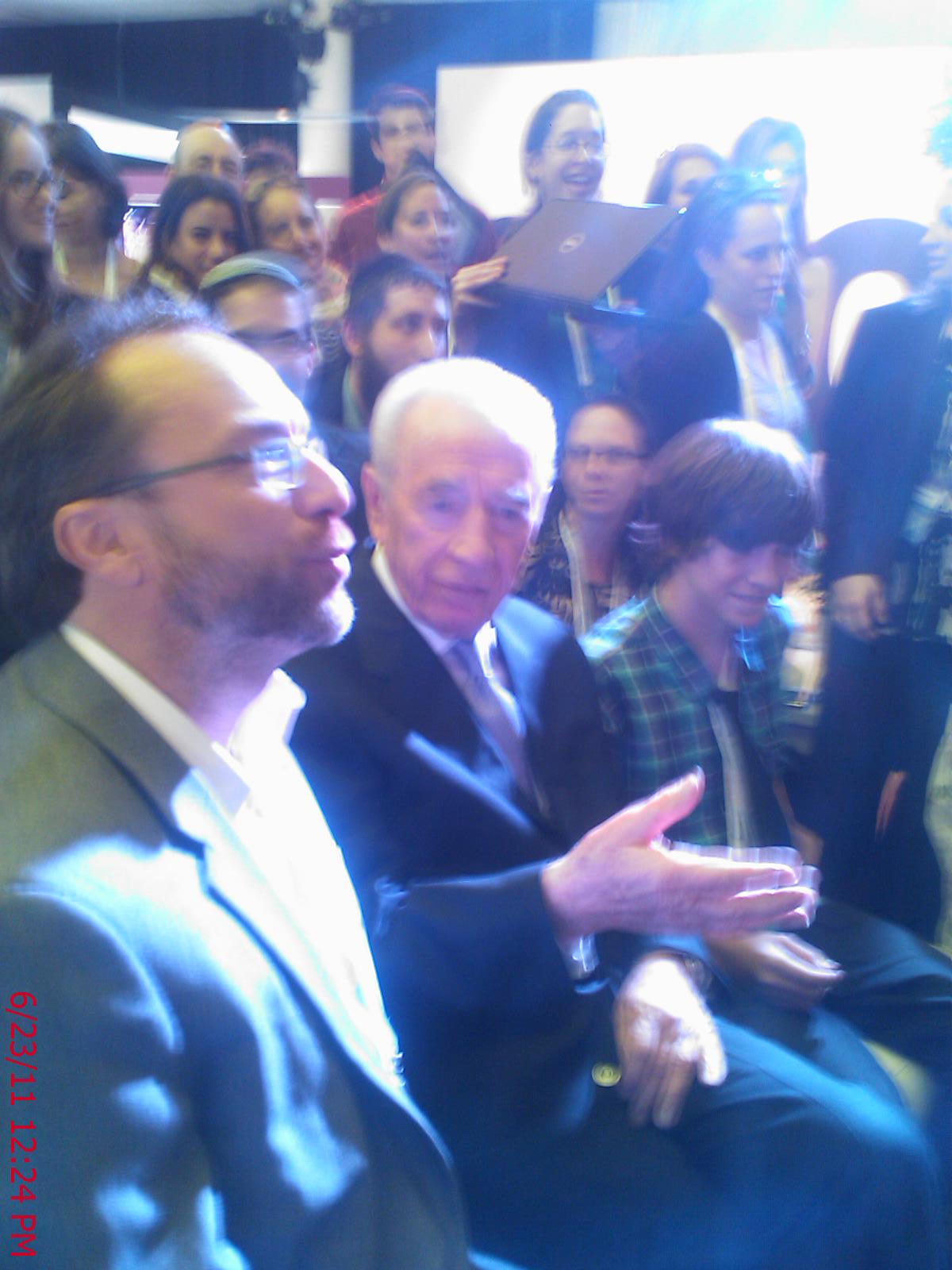Rabbi David Forman, z"l
 The first time I met Rabbi David Forman would have been around February 2007. My initial impression was that he was a somewhat difficult character who held strong opinions.
The first time I met Rabbi David Forman would have been around February 2007. My initial impression was that he was a somewhat difficult character who held strong opinions.
At his funeral today, his family — especially his daughter Shira — shared a side of him that I unfortunately never had a chance to know. What a dedicated, loving father, husband, brother, father-in-law he was. Despite all of his accomplishments — and he had many, including writing four books and founding Rabbis for Human Rights — the emphasis of everyone who spoke was his love and caring for his family. Followed by his love and caring for Israel and the Jewish people.
So having seen more of his "difficult and strong opinion" side, and less of his loving family member side, maybe I can share a slightly different perspective. I think what I saw as difficult and opinionated were in fact the strengths that allowed David to succeed in the way he did.
"Difficult" can be a code word for "stubborn." The Talmud teaches us that when dealing with our personality traits we are not supposed to try and conquer the "bad" ones, but rather redirect them. We don't strive to obliterate our "yetzer hara," our evil inclination, but rather we strive to direct that energy — that life force — into a positive direction. In other words, if you are stubborn, don't necessarily try to get rid of your stubbornness: rather be stubborn in a good cause.
Similarly, being opinionated can be a good thing, if you are opinionated in the right way. David was very opinionated when it came to pursuing justice and doing the right thing. Tzedek tzedek tirdof, "Justice, justice you shall pursue" was more than just another slogan to David. It was his mission in life.
If you combine being opinionated about pursuing justice, with being stubborn about seeing things through, you get just the sort of person who could do something crazy — and vitally important — like found Rabbis for Human Rights. I'm sure it was a very difficult thing to do. Someone less stubborn, or less opinionated about pursuing justice probably would never have put in the kind of energy it must have taken to get the organization off the ground.
In later years there were times when he had differences of opinion with some of the people who came into leadership roles in the organization he founded. Differences of opinion that he was not shy about expressing. But that's OK: in a way, RHR was like one of his children, and every parent knows that there comes a time when your kids grow up and they express opinions of their own. And that's OK. You still love them.
Alas, I can't say I knew David well: I only knew him in the context of RHR board and other meetings. So maybe some of his close friends and family will look at what I wrote here and say, "wow, did that miss the mark!" If so, I apologize. Whether I captured his personality traits right or not, his life is one that many can find inspirational — both professionally and personally. These days, 65 seems a life cut unfairly short. Yet Rabbi David Forman certainly leaves a legacy that almost any rabbi–any person–would be proud of.
May his memory be a blessing.
Reb Barry

